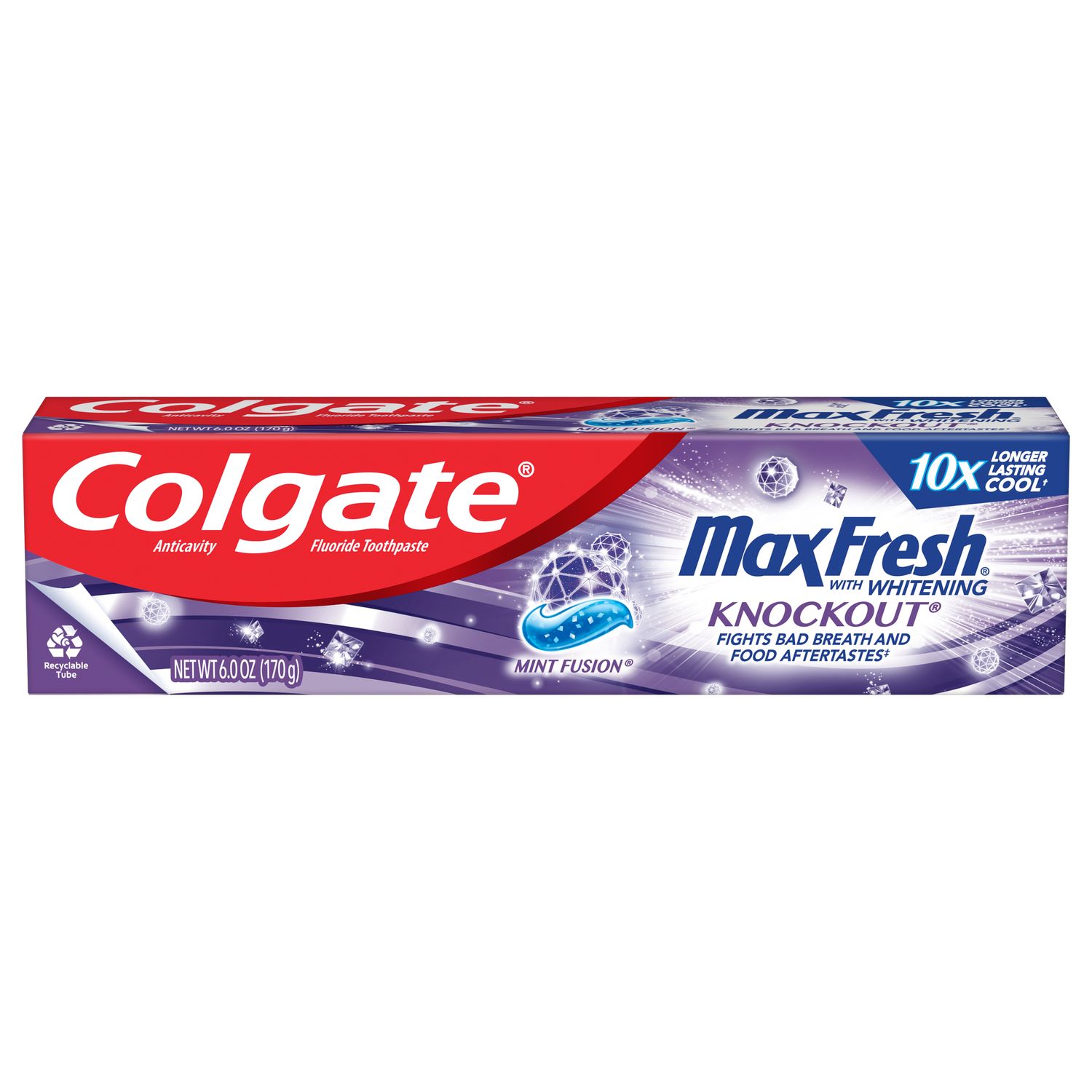What Is Trimethylaminuria?
Trimethylaminuria is a metabolic disorder of the gastrointestinal tract.
During normal digestion, the food you eat is broken down into its various chemical components. In foods like fish, eggs and beans, these components include trimethylamine-N-oxide (TMAO). As TMAO is broken down, it produces a pungent chemical called trimethylamine, the same chemical that gives fish its distinctive odor. But trimethylamine is then converted back to odorless TMAO by a liver enzyme called TM03, then excreted in the urine.
If you have trimethylaminuria, you may not produce enough TM03 enzyme, or any at all. Trimethylamine will then accumulate in the body and find its way into the urine, sweat, reproductive fluids, and breath, causing a distinct fishy body odor and fishy smelling breath.
Trimethylaminuria is a rare genetic disorder, with most cases caused by mutations of the FM03 gene that controls production of the enzyme. Although the fishy smell is typically the only symptom, it can be emotionally and socially debilitating for sufferers. It can appear at any time, but it most often occurs for the first time around the onset of puberty. Symptoms can get worse during times of stress, during menstrual periods, and after eating certain foods containing trimethylamine.
Trimethylaminuria Diagnosis and Treatment
If your only symptom is fishy smelling breath, your dentist can examine you to make sure it’s not being caused by another issue, such as gum disease or oral infection. However, if your dentist can’t find a problem, or you also have fishy body odor, a visit to your doctor is in order.
Your doctor will first want to rule out other potential causes of fishy breath and body odor, such as urinary tract infections. If another cause can’t be found, your doctor will then take a urine sample to determine your levels of trimethylamine and trimethylamine-N-oxide levels. This will tell them if trimethylamine is accumulating in your body. Finally, if trimethylaminuria is suspected, your doctor may refer you for genetic testing to confirm their diagnosis. This will assess whether you have a mutation of the FM03 gene responsible for trimethylaminuria.
There is no cure for trimethylaminuria, but you can take steps to manage your symptoms. Options include:
- Dietary adjustments, such as avoiding foods high in trimethylamine-N-oxide.
- Antibiotics to correct any issues with your gut microbiome (the community of bacteria and other microbes that live in your gut and support digestion and metabolism).
- Activated charcoal to bind with trimethylamine in the gut and remove it from the body.
What Can I Eat With Trimethylaminuria?
If you have trimethylaminuria, it’s best to avoid foods that can make the smell worse. These include:
- Seafood (although some freshwater fish may be okay).
- Shellfish.
- Liver and kidney.
- Milk.
- Eggs.
- Beans.
- Peanuts.
Effects on Your Oral Health
While there is no known negative effect of trimethylaminuria on the teeth or gums, fishy smelling breath can have a big impact on your emotional and social wellbeing. In addition to avoiding trigger foods, you can help to improve your breath by maintaining excellent oral hygiene. Brush twice a day with a fluoride toothpaste, and consider using a toothbrush with a built-in tongue scraper, too. The tongue hosts tons of bacteria that cause bad breath, especially at the back, so keeping it clean goes a long way towards fresher breath!
This article is intended to promote understanding of and knowledge about general oral health topics. It is not intended to be a substitute for professional advice, diagnosis or treatment. Always seek the advice of your dentist or other qualified healthcare provider with any questions you may have regarding a medical condition or treatment.
ORAL HEALTH QUIZ
What's behind your smile?
Take our Oral Health assessment to get the most from your oral care routine
ORAL HEALTH QUIZ
What's behind your smile?
Take our Oral Health assessment to get the most from your oral care routine















